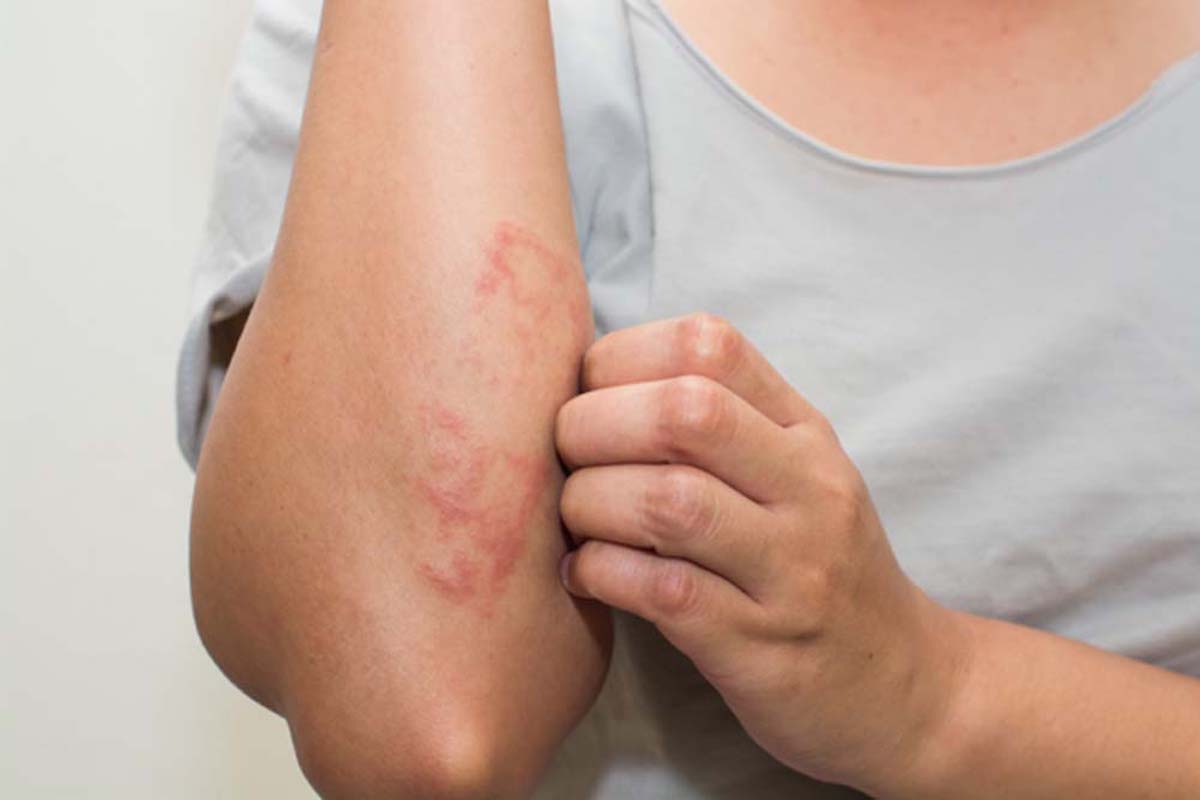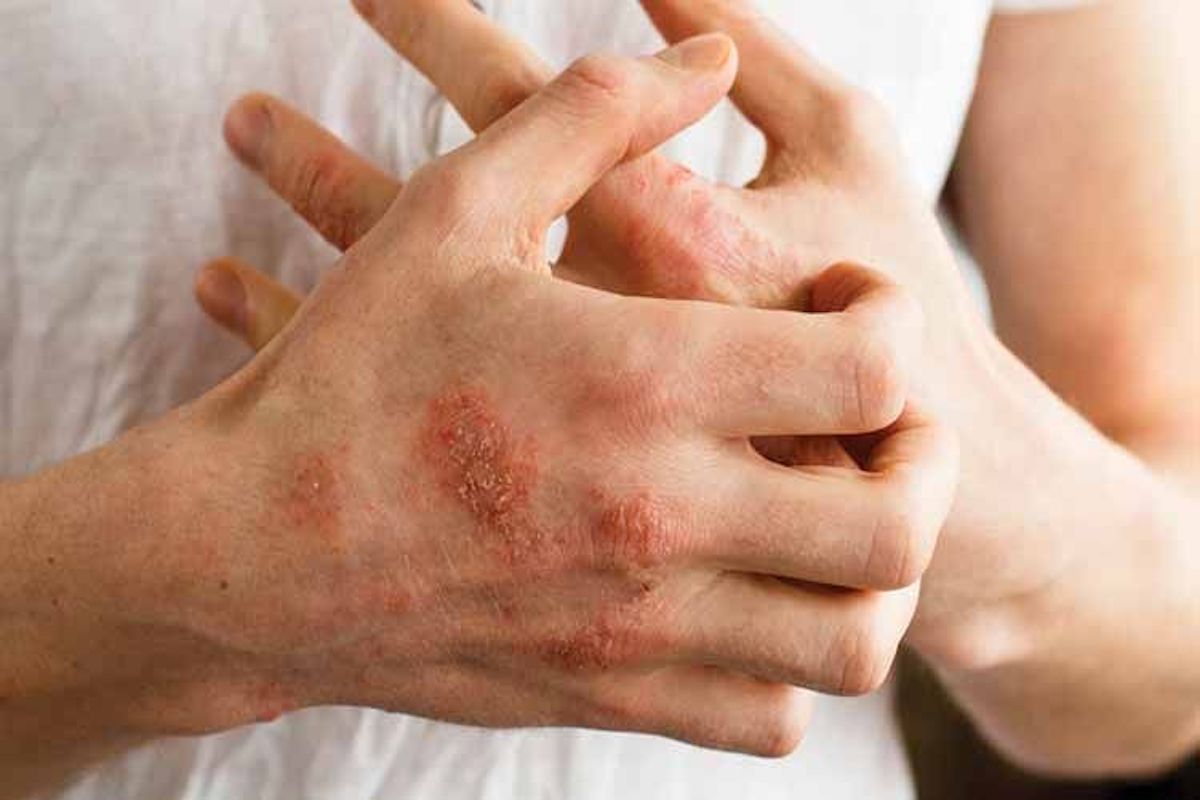There are several treatments available to help manage eczema, and the best approach may vary depending on the type and severity of the condition. Here are some important treatments for eczema:

Moisturizers: Keeping the skin moisturized is an essential part of managing eczema. Moisturizers help to restore the skin’s barrier function and prevent dryness, which can trigger flare-ups. It is recommended to utilize gentle or sensitive skin moisturizers repeatedly during the day. It is advisable to apply moisturizer onto damp skin following a bath or shower.
Topical corticosteroids: These are anti-inflammatory creams and ointments that can help to reduce inflammation and itching in the skin. They are available in different strengths, and a healthcare provider can recommend the appropriate one for an individual’s needs.
Topical calcineurin inhibitors: These are another type of topical medication that can be used to reduce inflammation in the skin. They are often used in areas where topical corticosteroids may not be appropriate, such as around the eyes or on sensitive skin.
Oral medications: In severe cases, oral medications such as antihistamines or corticosteroids may be prescribed to help manage symptoms.
Phototherapy: This is a type of light therapy that involves exposing the skin to ultraviolet light. It can help to reduce inflammation and improve symptoms in some people with eczema.
Lifestyle changes: Making certain lifestyle changes can also help to manage eczema. It is important to pay attention to your eating schedule for example. You can include plenty of fruits and vegetables, these are rich in vitamins and antioxidants, which can help to support healthy skin and reduce inflammation. Aim for a variety of colorful fruits and vegetables to ensure that you are getting a wide range of nutrients.
Also, take a close look at healthy fats. Omega-3 fatty acids, found in oily fish such as salmon and mackerel, as well as in flaxseeds and chia seeds, can help to reduce inflammation in the body. Additionally, consuming healthy fats such as olive oil and avocado can help to improve skin health. And more important: avoid trigger foods. While food allergies are not a common cause of eczema, some people may find that certain foods trigger their symptoms. Common trigger foods include dairy, wheat, eggs, soy, and nuts. Keeping a food diary can help to identify any trigger foods.
For more information, you can find the best searches here:

